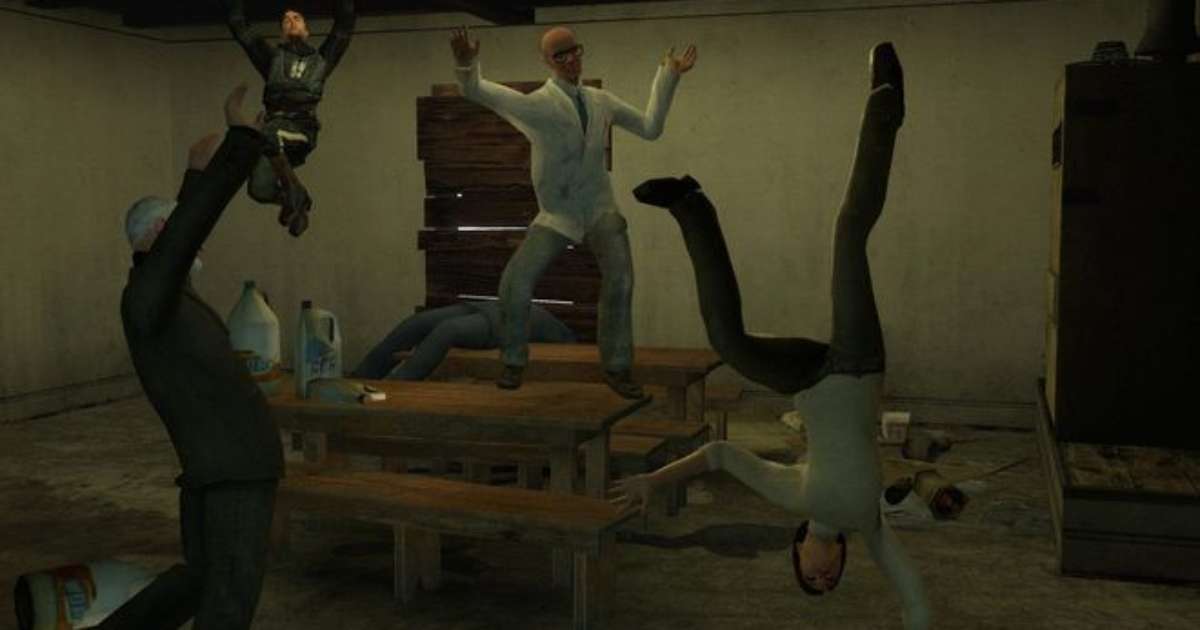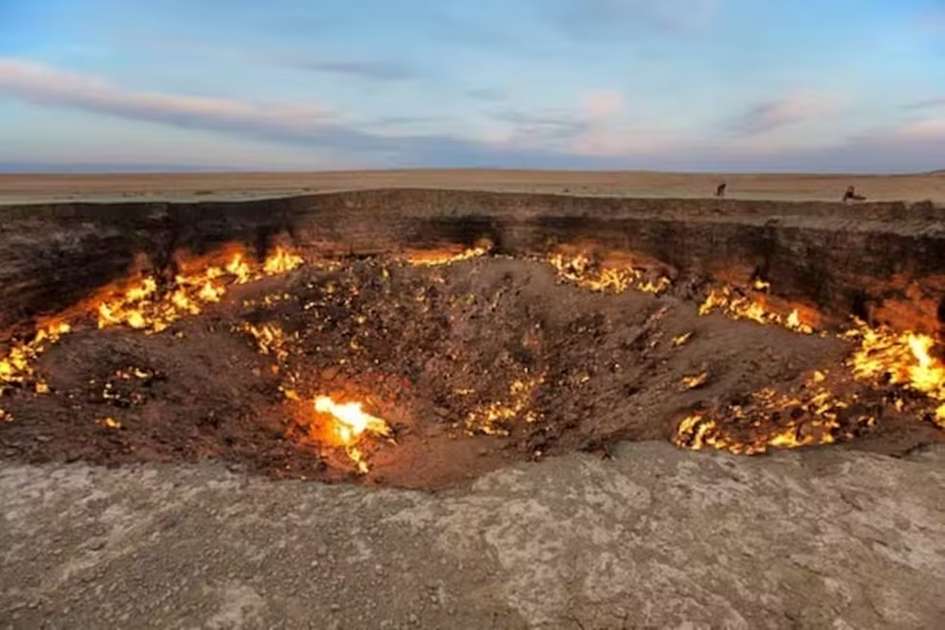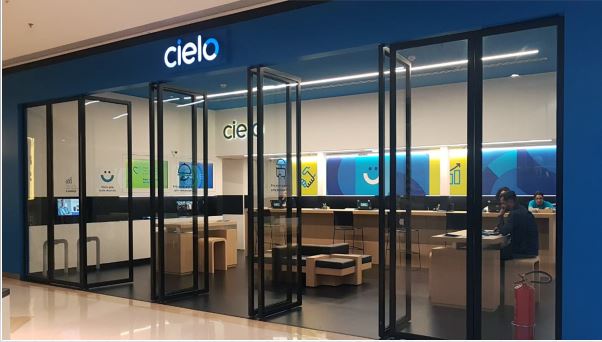Founded in 1951, on the initiative of a group of scientists, and with the support of the Federal Government, the National Research Council (CNPq) had a specific mission: to promote scientific development in Brazil and to promote science and scientific research. In addition to CNPq, the Coordination for the Improvement of Higher Education Personnel (Capes) was established that year. In 1967, a program that financed studies and projects (Finep) was implemented. This process was completed in 1986, with the creation of the Ministry of Science and Technology.
The establishment of research institutes over 50 years has strengthened this science and technology infrastructure. The fields of Mathematics (Institute of Pure and Applied Mathematics), Physics (Brazilian Center for Physical Research), Amazonia (Institute for Research in the Amazon region), space sciences (Institute for Space Research) and others have been merged into organizations assumed by CNPq or the Ministry of Science and Technology.
In 1973, the establishment of the Brazilian Agricultural Research Corporation (Embrapa) was extremely important for the development of research in this field. The results are very clear today for the Brazilian economy. The science and technology system has made substantial progress in the two terms of President Fernando Enrique Cardoso: The Bronx Program was created to support excellent laboratories, sectoral funds, and Millennium Institutes, which are important initiatives.
Therefore, CNPq has always played an essential role in the scientific and technological development of the country. And in 1975 it was transferred to the National Council for Scientific and Technological Development, recognizing the need to strengthen the agency to promote technological development and planning. Science and Technology in Brazil. CNPq’s science and technology support tools are numerous: scholarships for training, in Brazil and abroad, for training in strategic areas, and scholarships for academic productivity, which rank the most productive researchers in Brazil. There is also support for research projects, researchers and laboratories.
Science and technology need consistent and permanent public investment not only for system maintenance, but also for investment in Mission-oriented projects resulting from excavation. Developed countries invest resources and encourage innovation in specific areas, in line with exploration and strategic planning. Those countries that have continually invested in science, technology and innovation, have enhanced their societies to high levels of quality of life, health and education
The entire science and technology organization in Brazil, as a result of the continuous efforts and dedication of generations of qualified scientists, managers and staff, is currently under shaken and weakened. In order to give an idea of the current problem, when I was the head of CNPq, from 1995 to 1998, the average annual budget, over the four years, was R$500 million, which at that time corresponded to US$500 million. This gave the agency endless possibilities, not just to maintain order, but to invest in innovation and creativity. CNPq’s budget in 2021 is R$1.2 billion, which is equivalent to US$250 million! That’s half of what was invested between 1995 and 1998!
Currently, R$5 billion from the National Fund for Scientific and Technological Development (FNDCT) is crippling projects, reducing the number of grants and disrupting the operation of laboratories. The release of these resources is critical to science and technology in Brazil.
Science plays a fundamental role in transforming society and this investment will make it possible to expand opportunities for innovation, promote qualified jobs, and advance scientific and technological developments to the population. Investing in science invests in the future It is essential that the current government, though belatedly, realize this reality, before the CNPq system and the entire Brazilian science and technology system collapse and opportunities for present and future generations are lost.
It is critically necessary to stimulate the innovation environment in Brazil, support basic research, encourage the creation and development of technology-based companies, and carry out exploration.
Expanding the network structures, CNPq, Finep, with state research support institutions and municipal structures to support the scientific and technological development that is being created will promote regional development.
This can contribute to resolving inequalities between different regions of Brazil in terms of science, technology and innovation. Strengthening strategies is a function of government. “The government must have a vision” (Joseph Stiglitz. Nobel Prize in Economics).
Member of the Brazilian Academy of Sciences, Secretary of the Municipality of Environment, Science, Technology and Innovation of São Carlos (SP)

“Hardcore beer fanatic. Falls down a lot. Professional coffee fan. Music ninja.”






More Stories
Sonaka workers win improvements to their health plan
Science error? Why doesn't Villa play fully? Discussion columnists
Tite explains the reason for dispensing with players again: “Science in football”